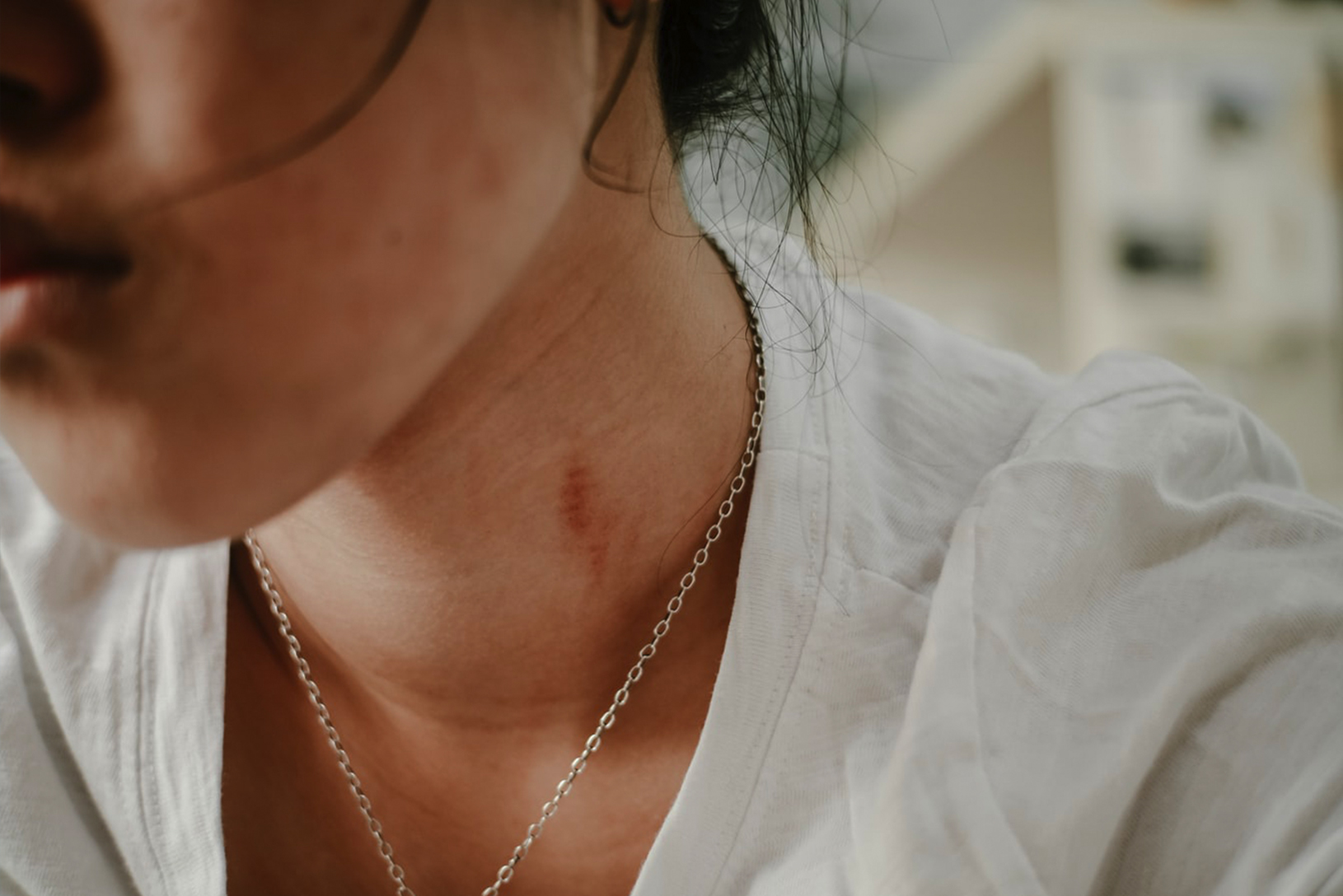Home | Support Area |
Freedom Programme – Domestic Abuse & Trauma
The Freedom Programme
Women’s Work offers The Freedom programme – a 12-week support group for any women fleeing or who have experienced domestic abuse.
Domestic abuse is not only between couples; it can also occur between a parent and child, or another relative. The term domestic abuse covers not only physical violence but psychological and financial abuse. Someone affected by domestic abuse may be restricted in where they go, or what they wear, or be manipulated through threats or humiliation.
People who have experienced domestic abuse often suffer from post-traumatic stress disorder (PTSD) such as flashbacks, hyperarousal (being on high alert all the time) and emotional numbing.
Domestic abuse accounts for 20% of all recorded crime in Derbyshire¹. Of course, this is not the true extent of domestic abuse, with many women too fearful to seek help or being held back in life because they are unaware that they are actually victims of domestic abuse.
Attendees joining the Freedom Programme come to 2-hour sessions delivered 3 days of the week, with the option to join a virtual session delivered in the evening once a week by Zoom. These sessions are delivered by our staff who are trained facilitators and supported by Peer Mentors who have lived experience of domestic abuse themselves. They know it can take many indirect forms such as not being allowed to have any personal finances, or consistent mocking or verbal abuse reducing self-esteem and confidence.
The programme helps the attendees understand why domestic abuse happens and how to identify signs of abusive behaviour, helping to break the cycle of abuse.
Women are able to share their experiences in a safe and non-judgemental space and gradually build the skills and confidence needed to recognise repeated patterns of abusive behaviour in relationships.
The course also looks at the effects of domestic abuse on children, we know that children in households where there is domestic abuse do not just witness the abuse, they experience it in a very real way and the impacts can last into adulthood. The course provides guidance on how women can make healthier relationship choices to protect themselves and their children.
During the course, attendees will learn about different types of abuse personas including ‘The Bully’, ‘The Jailer’ or ‘The Headworker’ and discuss how to recognise typical characteristics. At the end of each chapter we discuss the behaviour of the non-abusive counterpart.
Women’s Work will also signpost women to make it easier for them to access other services if they need additional specialist help, for example the urgent help of an Independent Domestic Violence Advocate (an initiative between Derby City Council and Refuge to support women at high risk to escape domestic abuse).
Refuge and Women’s Aid support women and children experiencing domestic violence with a range of services. Contact their free Helpline for assistance 0808 2000 247 (24 hr service). Websites are: www.refuge.org.uk and www.womensaid.org.uk
Working together
To find out more about our work with vulnerable women or those affected by domestic abuse please contact us.
We are always open to discussing ways we can work in partnership to develop new programmes that will help meet the needs of vulnerable women across Derbyshire. If you wish to work with us to reach out to more women who could benefit from our specialist support please contact us via email: info@womens-work.org.uk
The difference we have made
In the last year (ending 31st March 2023) 206 women completed the Freedom Programme at Women’s Work. Of these 98% said they would be able to recognise the signs of abuse after attending the course and 97% thought they would be more likely to report a perpetrator to the police. At every session, the women attending have reported an increase in their confidence and self-esteem.
¹ Dataset Year End March 2023, Office of National Statistics, Domestic Abuse in England and Wales – Data Tool

